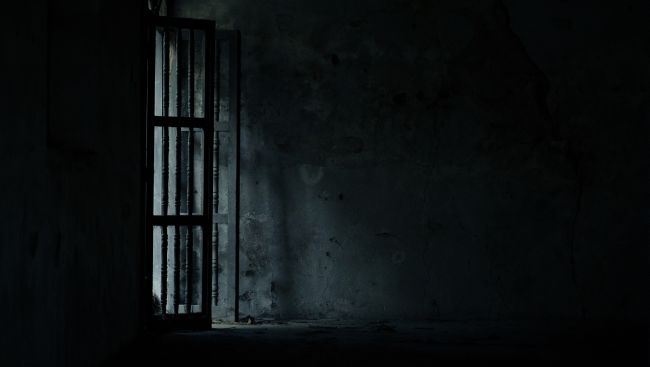
The name of the Israelite man who was killed, who was slain with the Midianite woman was Zimri the son of Salu, the chieftain of the Simeonite paternal house. And the name of the Midianite woman who was slain was Cozbi the daughter of Zur, a national leader of a paternal house in Midian. (Bamidbar 25:14-15)
Why does the Holy Torah bother to tell us the names of the guilty parties? Isn’t it enough to know that they got punished on the spot?
It could very well be that that the brutal and sudden response they merited was not quite their entire punishment. As painful as it may have been, it only lasted for a very short time. Now their names are etched as infamous characters in a book that marches on in perpetuity. Now how painful is that?
One of the great Baalei Musar had stated after WWII that, for those who may have doubted the concept, we now have a picture of Gehinom. The Talmud tells us that what is manifest on the earth is a reflection of the heavenly universe. There is a profound correspondence. What is Gehinom? It is a place of “too late”. What does that mean? The prophet Amos states, “…and it’s told to a man his conversation.” (Amos 4:13) Rashi says, “All of the deeds of his life are detailed in front of him at the time of his death.” The Talmud- Chagigah states about that phrase, “Even a light conversation between a husband and wife”.
Nowadays with electronic communications so ubiquitous there is a trace and a trail for almost everything that is communicated. Sometimes those emails or text can come back to bite. People lose jobs and reputations based on statements or actions from years and decades ago. Woe to us if everything we communicated was made known publicly. How painful would that experience of shame be?
What if those communications implicated us as wicked or foolish or worse and our names became synonymous with evil or vile!? How could we live? Where could we go to hide? Nowhere! That’s a flavor of the experience of Gehinom. It is on display every day.
In the heavenly realm this is what happens. Everything is revealed! For some Tzadikim who have nothing to hide that reality of realities of having all thoughts, words, and deeds exposed in front of a heavenly tribunal may be less troublesome but for someone who never thought about it once in his life it is certain to be a shocker.
That is why we are warned in advance. Where are we warned in advance? Take a look at what happened to Zimri. Take a look at what happened to Cozbi!
Take a look at the opening words of the Shulchan Aruch begins with these words, “Scripture says, “I placed Hashem before me always”. This is a great concept in the Torah and is a paramount attribute for the Tzadikim (righteous people) who walk in the way of G-d. For the way in which a person sits, moves around, and carries out his daily activities while he is alone his house is not the same way he should engage in these activities while standing before a great King. In addition, the way one speaks while amongst those in his home and the conversations he partakes with his relatives is not the same manner in which he would speak while in the presence of a mortal King. Surely when one considers in his mind that the mighty King, The Holy One blessed be his name, where the whole world is filled with his glory, stands before him and sees his deeds, as it states: “If a man will conceal his secrets and I will not see it, states Hashem; immediately the fear and the proper awed train of thought of Hashem will descend upon him and he will always be embarrassed before G-d.”
To be forewarned in to be forearmed! In this context we begin to understand the words of King Solomon “Happy is the man who is always afraid!” I’m afraid!


